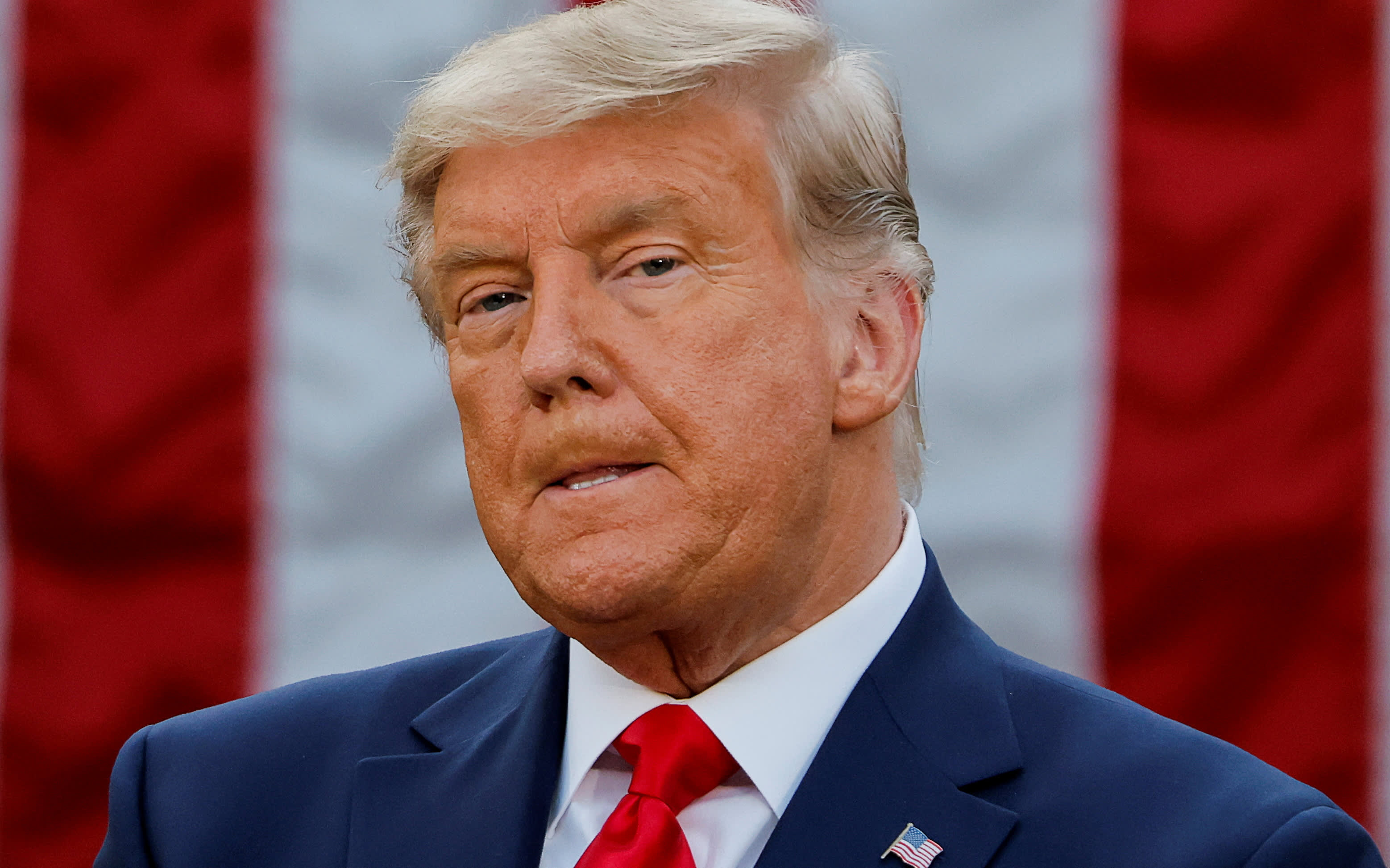This article is made possible through Votebeat, a nonpartisan reporting project covering local election integrity and voting access. This article is available for reprint under the terms of Votebeat’s republishing policy.
Fresh off a record-setting election that upended traditional voting habits, New Jersey lawmakers are pushing ahead on another big change in time for next year’s governor’s race: in-person early voting.
But exhausted election workers, still wrapping up this year’s mostly mail-in general election, worry they may be unable to meet another major voting mandate from Trenton.
“We all want more people to vote, but we’re going to need more staffing, more time, more cooperation with the state and a better system overall,” said Lynn Caterson, a member of the Atlantic County Board of Elections. “And what about the money?”
Senate President Steve Sweeney, in an interview Thursday with NJ Spotlight News, said a new law that would open polling places two weeks early could be passed by year’s end or early in 2021 — in time for the June 8 primary election, when voters will choose candidates for governor.
“The point is we want early voting to happen,” said Sweeney (D-Gloucester). “We’ve just got to figure out how to fund it.”
What’s it going to cost?
The cost of installing electronic “poll books” — with basic information such as a voter’s address and eligibility — at every voting site, as well as compatible voting machines in many counties still operating with outdated equipment, remains very much a moving target. Early-voting legislation advancing through the state Assembly is vaguely written, and the state has yet to release firm data on the financial impact.
Estimates have ranged from $20 million to $35 million, however, and some election officials interviewed by NJ Spotlight News put the price tag at $60 million or more, if the cost of hiring new poll workers and replacing old voting machines is included. Gov. Phil Murphy, as well as Democratic leaders who control the Legislature, say they are committed to finding money for the project.
Assemblyman Andrew Zwicker, who sponsored the legislation, said the burden of financing a big switch to early voting would not fall on the counties.
“In a state budget of more than $30 billion, we should be able to find twenty or thirty million to do something this important,” Zwicker said. “Everybody benefits by increasing participation in the democracy.”
Frontline election workers across the state say they support the idea of increased early voting. Currently, New Jersey voters can submit absentee ballots by mail 45 days before an election. The proposed law would open polling places every day for two weeks before Election Day, including Sundays.
How it would work
Voters, instead of signing their names in big paper binders as they do now, would write their names in electronic registers with a stylus. Such e-poll books, which resemble personal computers or tablets, would automatically update voter registration data in real time, locking out anyone from voting twice.
About 30 states that already have early in-person voting use such a system or plan to put one in place, according to the National Conference of State Legislatures.
“We love the idea of early voting,” said Nicole DiRado, administrator of the Union County Board of Elections. “But I don’t have the money to pay for it. We’ve also got to work out bugs in the current system before we adopt a whole new thing.”
Local officials like DiRado say the state’s voter registration database continues to cough up faulty information about the status of voters, including outdated addresses and voting district data. The problems, which first surfaced before the spring special election, include glitches with new online registrations and with the state’s “Track My Ballot” portal.
Many voters who mailed in ballots say the portal was slow to list them as “received.” Others said they had trouble signing into the site, and were confused because it never listed their ballots as officially accepted. (Ballots are not officially accepted until the certification process has been completed.) Voters who believed their ballots were lost flooded election offices with calls.
Dealing with ‘garbage data’
“What good are new electronic poll books if we’re still getting garbage data to work with?’” said Mary Melfi, the Hunterdon County clerk.
Melfi said she has canvassed colleagues in several counties, all of whom agree that the state system needs fixing before any switch-over to early voting. She urged lawmakers and state officials to work closely with local officials before making any change.
Hunterdon County, like a number of smaller counties in the state, still uses aging voting machines made by Dominion Voting Systems, one of a few election hardware firms that dominate the market. Those machines were never designed for multiday voting like New Jersey could see next year, county election officials said.
A handful of counties, however, including heavily populated ones such as Essex and Union counties, have recently installed state-of-the art systems from firms like Election Systems & Software.
Lack of ‘necessary infrastructure’
“We’re lucky, but in a lot of places there just isn’t the necessary infrastructure,” said DiRado, the Union County official. “That’s going to be an issue.”
State officials say they will continue to meet with county election workers in the coming months to review the voting process. Overall, they point out, the election went remarkably smoothly as workers dealt with the first ever mail-in mandate and a record number of voters, some 4.5 million.
A key to successful early voting next year, the officials said, will be teaming with the counties early.
“The more lead time we can give to work with frontline county and local workers, the better,” said Alicia D’Alessandro, a spokeswoman for New Jersey Department of State, which oversees elections.
First, more drop boxes
In addition to managing possible early voting next year, counties must also install more drop boxes for ballots. A new law mandates that all 550-plus New Jersey cities and towns have at least one drop box, up from the 329 that were installed this year. At $5,500 apiece, the cost will be another factor for stressed localities.
The drop boxes proved a big hit with voters. On Election Day and the days preceding, county workers emptied the overstuffed boxes two or three times a day. In some counties the National Guard helped with the task.
Senate President Sweeney said the popularity of the drop boxes, as well as the unexpectedly large number of people who showed up at polling places on Nov. 3 with ballot in hand, showed that voters in New Jersey want to take charge of their own vote and see it delivered.
In the face of the COVID-19 pandemic, Sweeney said, supporting Gov. Murphy’s call for universal mail-in ballots was a no-brainer. But next year, he said, New Jersey should aim to return to the voting booth.
“People want options,” he said. “Early voting gives us one more big option; it opens up democracy more.”



